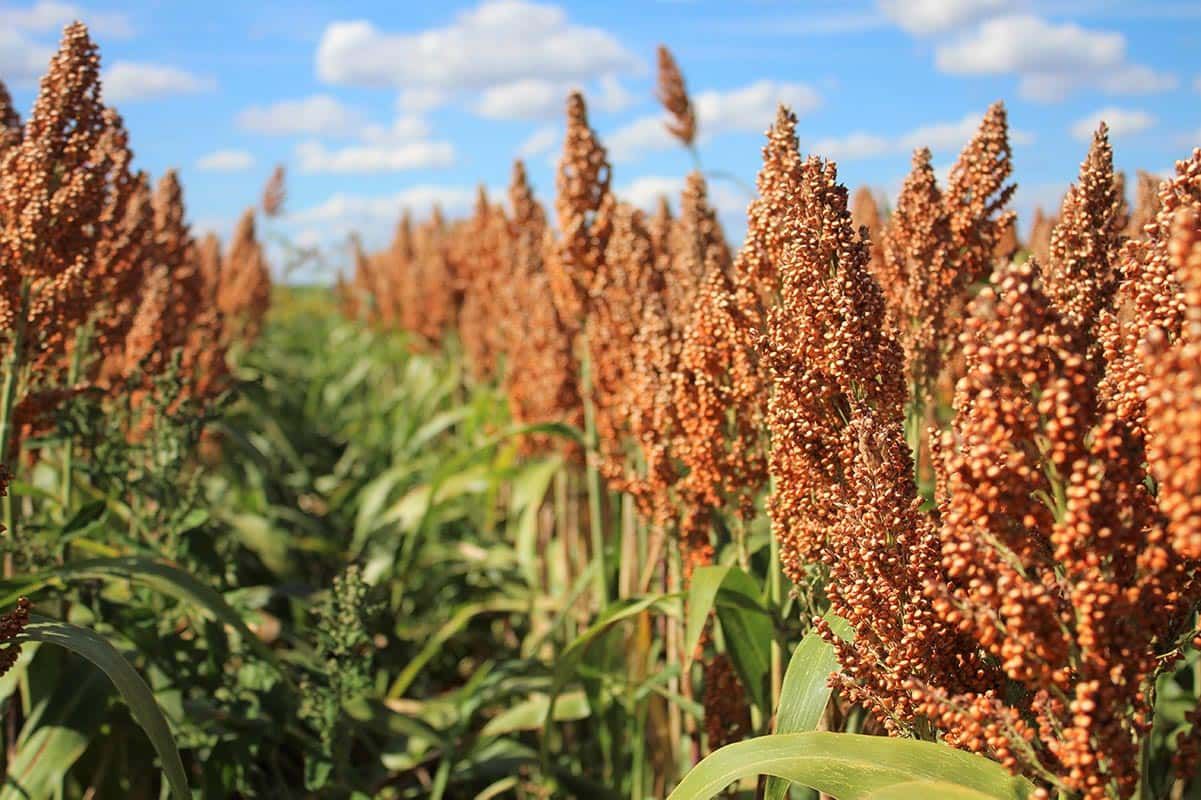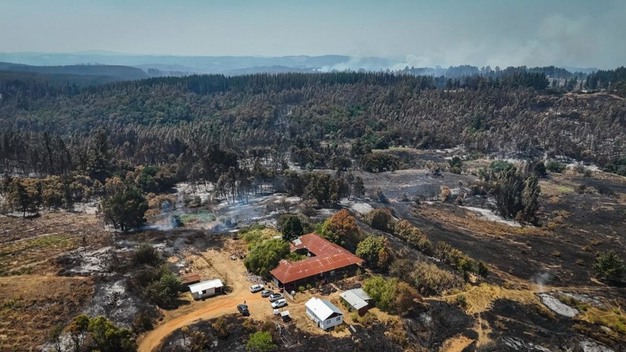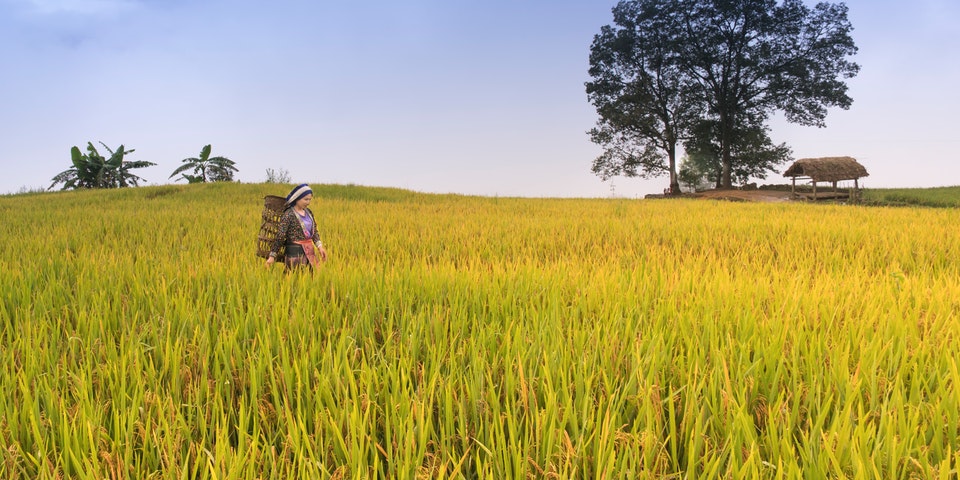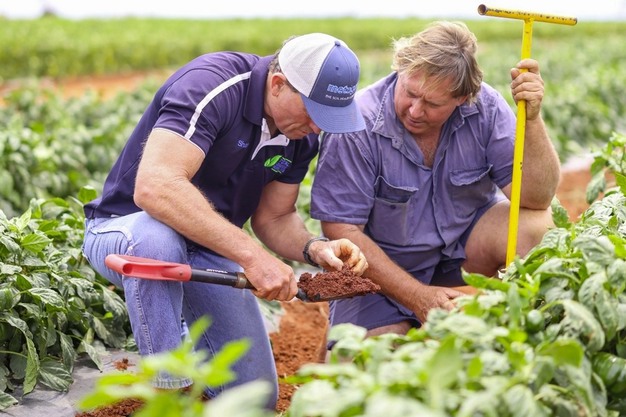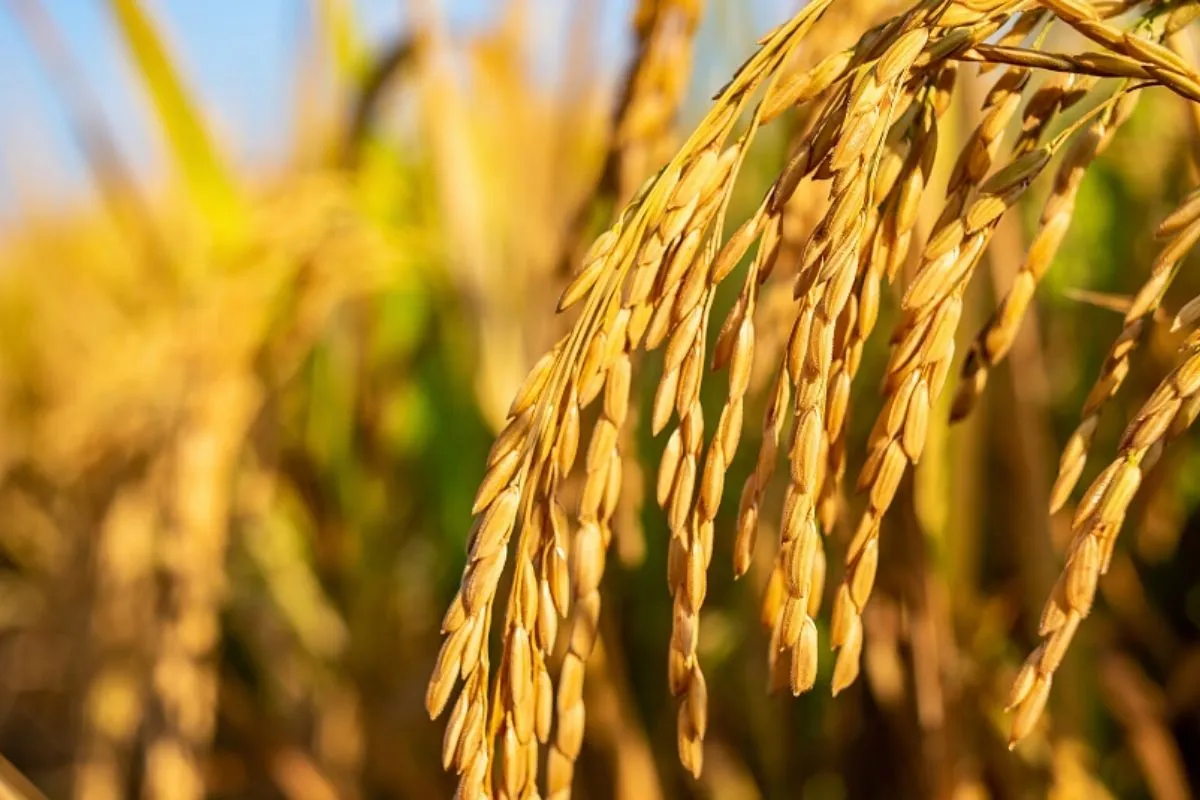A gene discovered by a team of Agricultural Research Service (ARS) and Purdue University scientists could help fortify the defenses of sorghum to anthracnose, a disease of the cereal grain crop that can inflict yield losses of up to 50 percent.
The discovery, to be reported in an upcoming issue of The Plant Journal, opens the door to breeding disease-resistant sorghum cultivars that are less reliant on fungicides to protect them, reducing growers' production costs and safeguarding grain yields and quality, among other benefits.
Sorghum is the fifth-most widely grown cereal grain crop worldwide, providing consumers not only with a source of food containing 12 essential nutrients, but also forage for livestock and material for bio-based energy. However, unchecked with fungicides or other measures, anthracnose will attack all parts of a susceptible cultivar, often forming reddish lesions on leaves and the stem as well as causing damage to the plant's panicles and grain heads.
Genetic-based disease resistance is the most effective and sustainable approach to combating anthracnose in sorghum. However, how this resistance actually works in the plant is poorly understood, according to Matthew Helm, a research molecular biologist at ARS's Crop Production and Pest Control Research Unit in West Lafayette, Indiana. That knowledge gap is worrisome because of the genetic variability among different races (or types) of the anthracnose fungus and their potential to overcome a cultivar's resistance genes over time. Additionally, anthracnose resistance can be temperature-dependent, potentially leaving a sorghum crop vulnerable to infection if temperatures soar above a certain threshold.
Fortunately, Helm and a team of Purdue University scientists led by Demeke Mewa have begun to close this gap. They identified a disease-resistance gene that orchestrates a series of defense responses to early infection by the anthracnose fungus, preventing its spread to the rest of the plant and grain heads.
Additionally, sorghum plants carrying the resistance gene, known as "ANTHRACNOSE RESISTANCE GENE 2" (ARG2), successfully withstood the fungus even when greenhouse temperatures were increased to 100 degrees Fahrenheit (38 degrees Celsius). This temperature stability could be a potential boon for sorghum production regions of the world where growing season temperatures can reach those levels.
The team also determined that ARG2 helps make ("encodes for") a protein that is concentrated in the plasma membrane of resistant sorghum cells. There, it acts as a kind of intruder alert that's triggered by certain proteins used by the anthracnose fungus to infect the plant.
"These results significantly advance our understanding of how sorghum detects fungal pathogens and opens the door for engineering new disease resistances against plant pathogens of cereal grains," the team writes in an abstract summarizing their findings in ThePlant Journal paper.
ARG2 and its protein don't protect sorghum from all races of anthracnose. However, combining ARG2 with other similar genes could help broaden that protection—either through conventional plant breeding methods or biotechnological ones. With ARG2's discovery, scientists now have a key to unlocking a fuller understanding of how the mechanisms of anthracnose resistance work and making the best use of them as a disease defense that growers worldwide can count on.
In addition to Mewa and Helm, the The Plant Journal paper's other authors are Sanghun Lee, Chao-Jan Liao, Augusto Souza, Adedayo Adeyanju, Damon Lisch and Tesfaye Mengiste—all of Purdue University.
Source - https://www.ars.usda.gov


